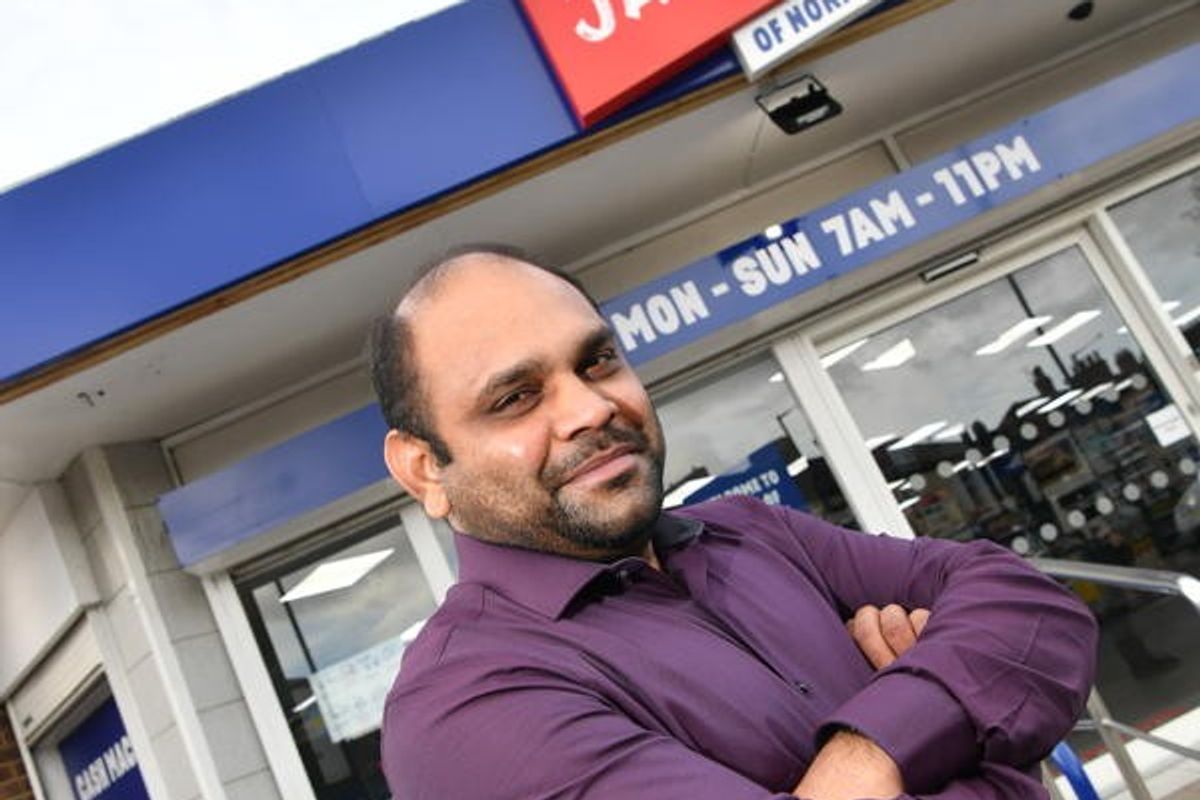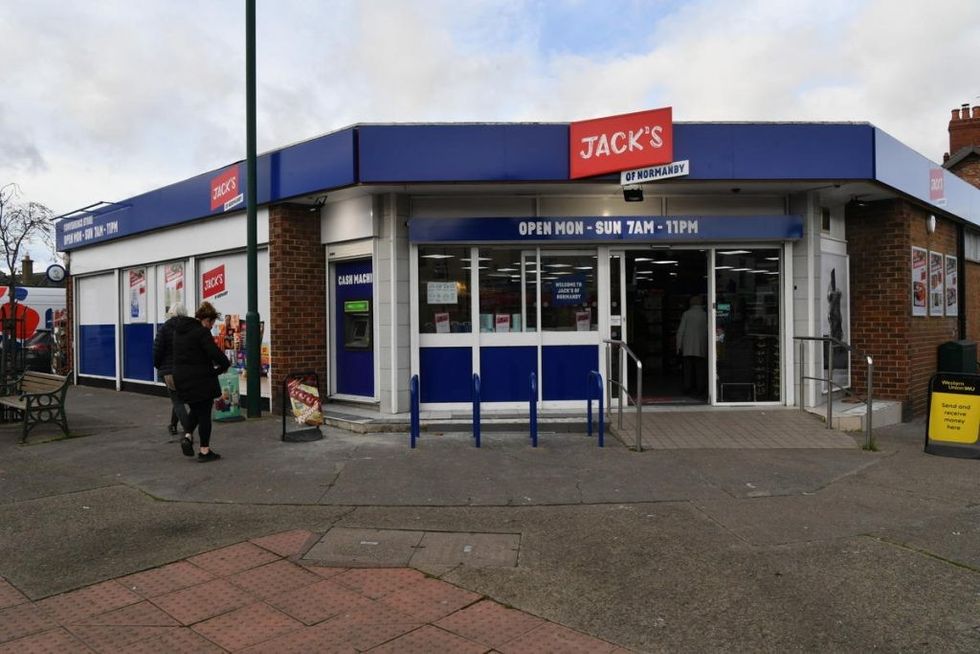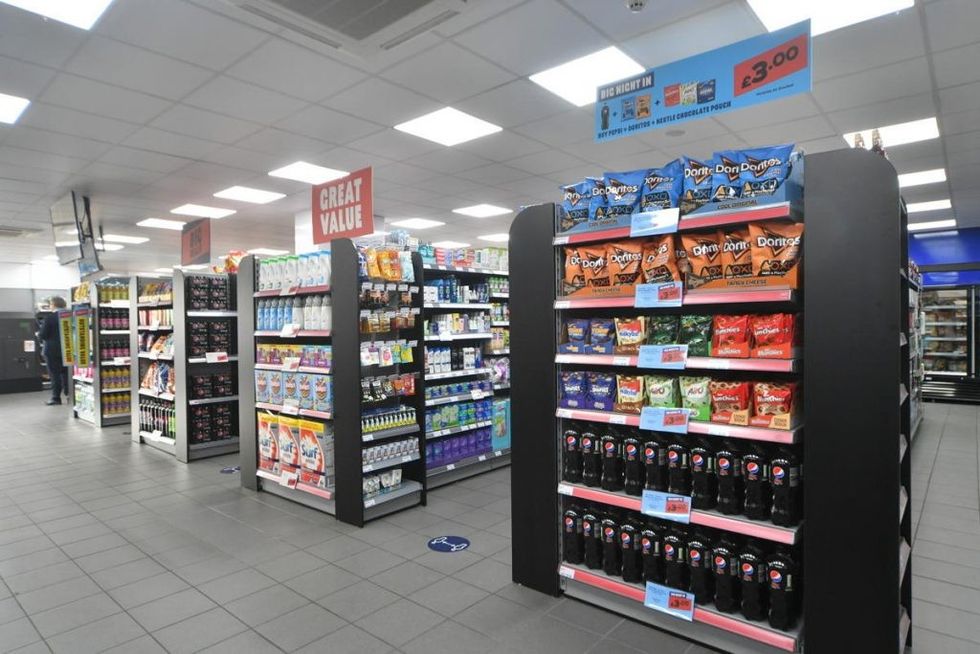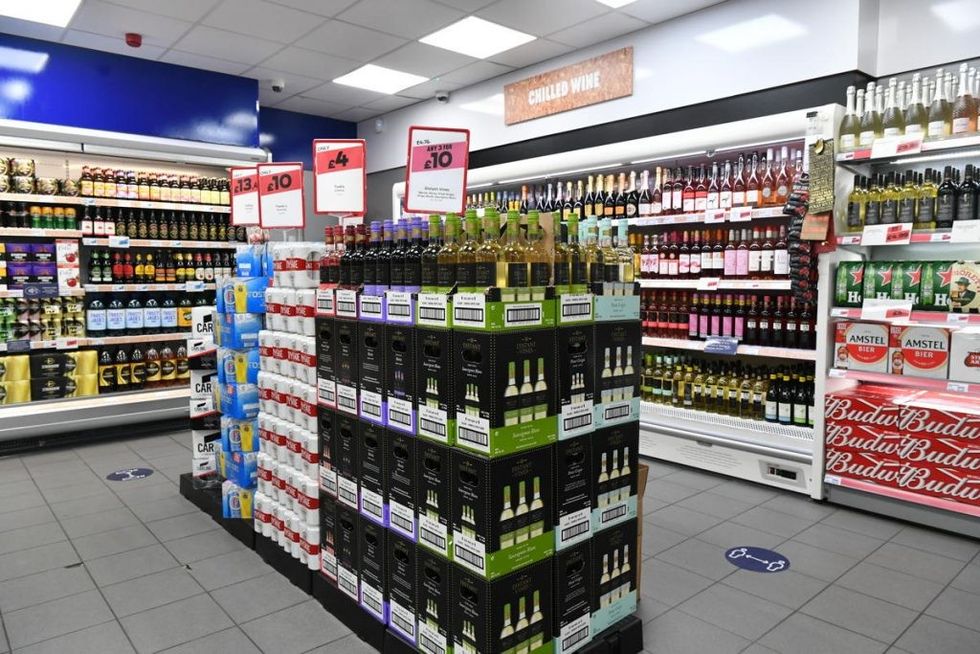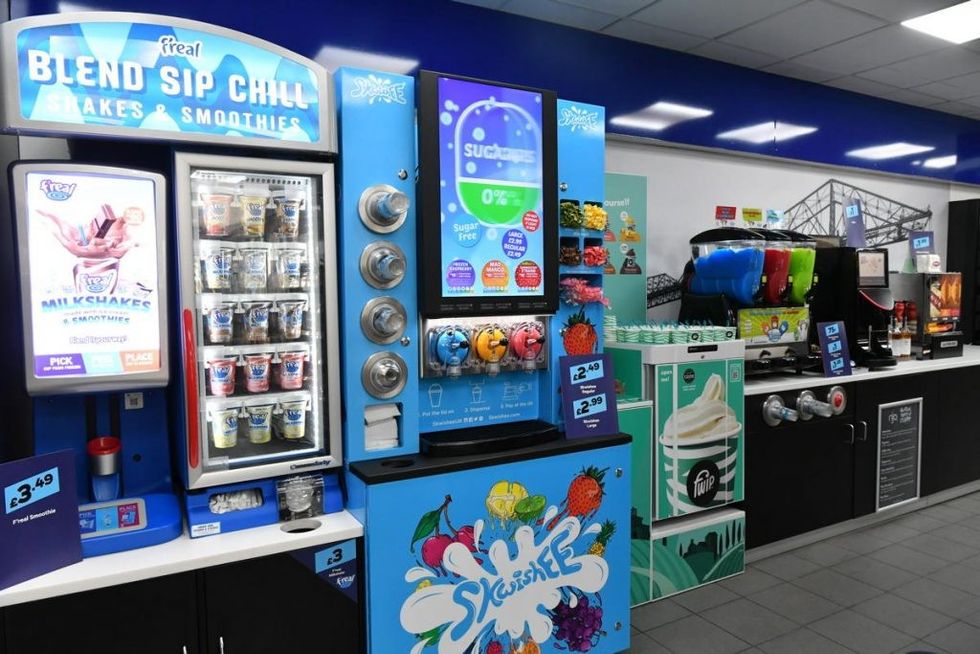Vijay Kalikannan came to England in 2003 to study for an MBA, worked in Sainsbury’s, bought his first store with very little capital but now owns and operates eight shops in the North East. At the 31st Asian Trader Awards, held virtually earlier this year, he became the first winner of the Convenience Chain of the Year award– a new, special honour for a retailer with over three stores, and which recognises the entrepreneurial flair now very much prevalent in the sector.
He was the first independent retailer in England to rebrand his store under Jack’s, the name unveiled by Tesco in 2018.The store, Jack’s of Normanby in Middlesbrough, is part of a new trial of independently-owned stores under Tesco’s value branding, and Vijay says he is really pleased with the set-up, which focuses on quality.
“That's one of the reasons I went for the trial,” he says. “Fresh, frozen and chilled food is same quality of Tesco, but the customer can access [it] from a small convenience store as well.
“If you go to normal convenience store, sometimes they will be selling [products] even after two days of the best before date. We're not allowed to do anything. So it's quality. Today's date, I have to clear everything today. Keep it fresh all the time,” he says.
Vijay adds that the support from the group is very good, and the store operates very differently. “Kind of Co-op like, you know, making big changes.”
He had been operating a Family Shopper store at the site, which he bought in 2016. He started trading in 2017, and looked after the store so well – “we normally look after all stores well,” he emphasises– that Tesco approached him last year with the concept of Jack’s as a symbol group format.
“They chose me because they needed a good retailer to go with the trial. [They looked at ] how are they performing, how do they look after their stores? That’s why they chose me,” Vijay reveals. The first Jack’s independent was in Scotland, owned by Glasgow retailer Mo Razzaq, and Vijay went for the opening and studied the offer very well, before taking the plunge and converting his own in November last year.
Alongside the quality of product, Vijay offers good value to customers,and that was the case even before the conversion to Jack’s. It has played crucial role in the success of the store, warding off the challenge from the Tesco Express opposite.
“[In] normal convenience store it’s maybe a pound, we sell for only 79 pence,” he says. “The price is literally the same as Tesco, and some 80 per cent of the products are cheaper. I am extremely price-conscious and much prefer to offer a better price to my customer, even at the cost of a lower margin. As I see it, this builds customer loyalty which is an investment into sustained success.”
Since Tesco Express charges the convenience price, this helped Vijay to a great extent, even when it’s difficult to beat the Tesco own-brand products. He has been trading opposite the Tesco for four years now, and he relishes the competition. “It is a challenge for me. I did a very good job. I was here for more than four years. If I can’t do well, we won’t survive this long,” says one who exudes confidence.
And his sales would attest to that. When he bought the site, it was a Co-op that had been doing £11,000 a week before being closed for a year. Despite there being a busy Tesco Express directly over the road, with Family Shopper he brought the sales back and up to £16,000, and since changing to Jack’s the sales are in excess of£20,000.
Vijay makes it a point to keep the store clean and availability good, but customer service is one major point of difference that served him well. He says many customers have told him this is the main reason to visit his store rather than going to Tesco.
It was a family affair initially, with his wife, sister and her husband supporting Vijay in managing the premises. However since 2018, he has taken on two new shops every year and obviously needed to start engaging staff. He now employs over 30 staff members, and ensures they all provide that personal touch to the customers.
“I told the staff [that] the customer is the boss. If the customer is not coming to our store, we don't have a job, and if we lose one customer, we are losing £100,000 a year. So focus on customer service, focus on any help they need,” he says.
It also helped that Vijay retains many of the staff when he takes over new stores, meaning they are already familiar with the customers. “I've got a very good team. Their ongoing support is a big part of my success, and I encourage a family atmosphere among them to further cement our relationship,” he adds.
The pivot to independent retail happened for Vijay when he was working as a deputy manager of a branch of Sainsbury’s. He developed an interest in the role, and at the same time, a desire to work for himself, which led to investing in his first shop in 2012. It was his friend’s store, and he got it for relatively small amount of money.
“This store was 700 sqft and was only turning over £5,000 a week. Within a short space of time, I had more than doubled the turnover of the store and was very happy with that,” he says.
The chance to buy another store would pop up soon, and over the next two years he took on further two shops, while selling off the original one. Obviously, his dreams started to get bigger. “It was at this point that I began to think as an entrepreneur and about growing a large estate of stores in the surrounding area. Soon the excitement and satisfaction that came from running quality shops that offered customers good value took over and has motivated me ever since,” he says.
The pandemic was obviously a stressful time for everyone, and a particularly busy period for retail at its height summer. Vijay observes that the convenience channel has coped well and earned the trust of the customers.
“The customers were very happy. They trust the local convenience store. They used to go for the big supermarkets, [but] when the pandemic happened, the local convenience stores have more stock than supermarkets. We look after our customers well. The same quality, same service, same price and convenience. So our sales have gone up,” he says.
While the sales dipped marginally from the peaks of last year, Vijay says they have managed to retain customers who now come into the store for their big shop. And, when compared to 2019, the sales are still higher, he notes, indicating a lasting impact from the pandemic.
Apart from keeping the prices keen and continuing with the promotions, during the pandemic Vijay started free home deliveries for his customers, particularly the vulnerable, which he is now offering through the delivery app Jisp.
Vijay is a great believer in giving back to the local community, and donates the profit that he makes on the sale of carrier bags to the local charity Zoe's Place Baby Hospice, which provides palliative, respite and end of life care to babies and infants aged from birth to five years. He regularly runs raffles for the same cause.
They are also signed up to the food waste app Too Good To Go, which enables them to reduce their food waste by selling ‘Magic Bags’ of surplus fresh food and groceries on the day of expiry that would otherwise risk going to waste. “People reserve the bags and they can come and collect the bags. Lots of tons of food are being wasted in this country. We are living without throwing the food. Also, any remaining food we give to the charity as well,” he says.
At the moment, he relies mainly on Booker, but he is looking to get local suppliers with more quality and cheaper prices. “I am fully supportive of local manufacturers and suppliers and stock their products whenever possible. We need to get local fresh products every day, and with very low prices and high quality, something I want to do in the next store,” he said.
Vijay opened a Premier store in February this year, and is set to open another soon, continuing his mission of two new shops every year. He mainly reinvests the profits – his annual turnover is in excess of £5m– to fund the expansion. And, for some of the big-ticket equipment, they do the lease. “We don't take any money out from the business. If you take out, you won’t be able to grow,” he notes.
The increase in the incidents of crime and abuse has been a worrying trend of the pandemic times, and sadly, Vijay’s shops were no exception. As recently as March, his Jack’s store witnessed a horrifying incident when a man armed with a knife made threats to the staff and stole a large amount of cash. Vijay says the masks made it more difficult to tackle incidents like these.
“My staff were all scared, obviously,” he says. “Police can’t do anything because of the mask, you can’t recognise the face.”
“It is tough, a little bit challenging. We lost a lot of stock, a lot of money. [Shoplifters] will put £40-50 worth of goods into their basket and run away with the basket. They don't realise how hard it is for running the store,” he adds.
However, he agrees that the wider community increasingly respect, and rely, on local stores after the pandemic. “They love local convenience stores. They're happy to come shopping weekly and when customers keep coming to stores and new customers come in, it feels great. It’s very good for the retail people. And again, the essence of the shop is to look after for all the communities well and support them.”
He is indeed a happy retailer who cherishes the role of the local store in communities. At the same time, he is equally aware of the challenges before the retailer, especially in a fast-changing market. “You need to grow with the market, changing everything,” he says. “A new trend is happening all the time. I now have a big focus on food to go in all of my stores and recently installed F’real milkshake and Fwip ice cream units in several of them.”
He is also mindful of the big downside of independent convenience retailers – not getting enough time with the family. “I don't see my kids for nearly three, four days. Sometimes my wife says you need to spend time with the kids. You know, that's the downside.”
Vijay adds that, at this stage, he is confident enough in his position with the supply chain and the store managers to be able to go back to concentrating a little more on his family. “As a father of two young daughters, although I am happy to be building them a strong legacy, right now I am happiest knowing that I can now spend more time with them, being their dad.”
At the end of the day, what drives him is his passion, and he considers each new store is his greatest achievement. “I love the job. I love to do retail,” he says. “You know, this is not about the money but about serving customers, working with the communities, supporting people and creating more jobs,” the list of the plus points goes on and Vijay believes we need to stay positive and grow the good.

